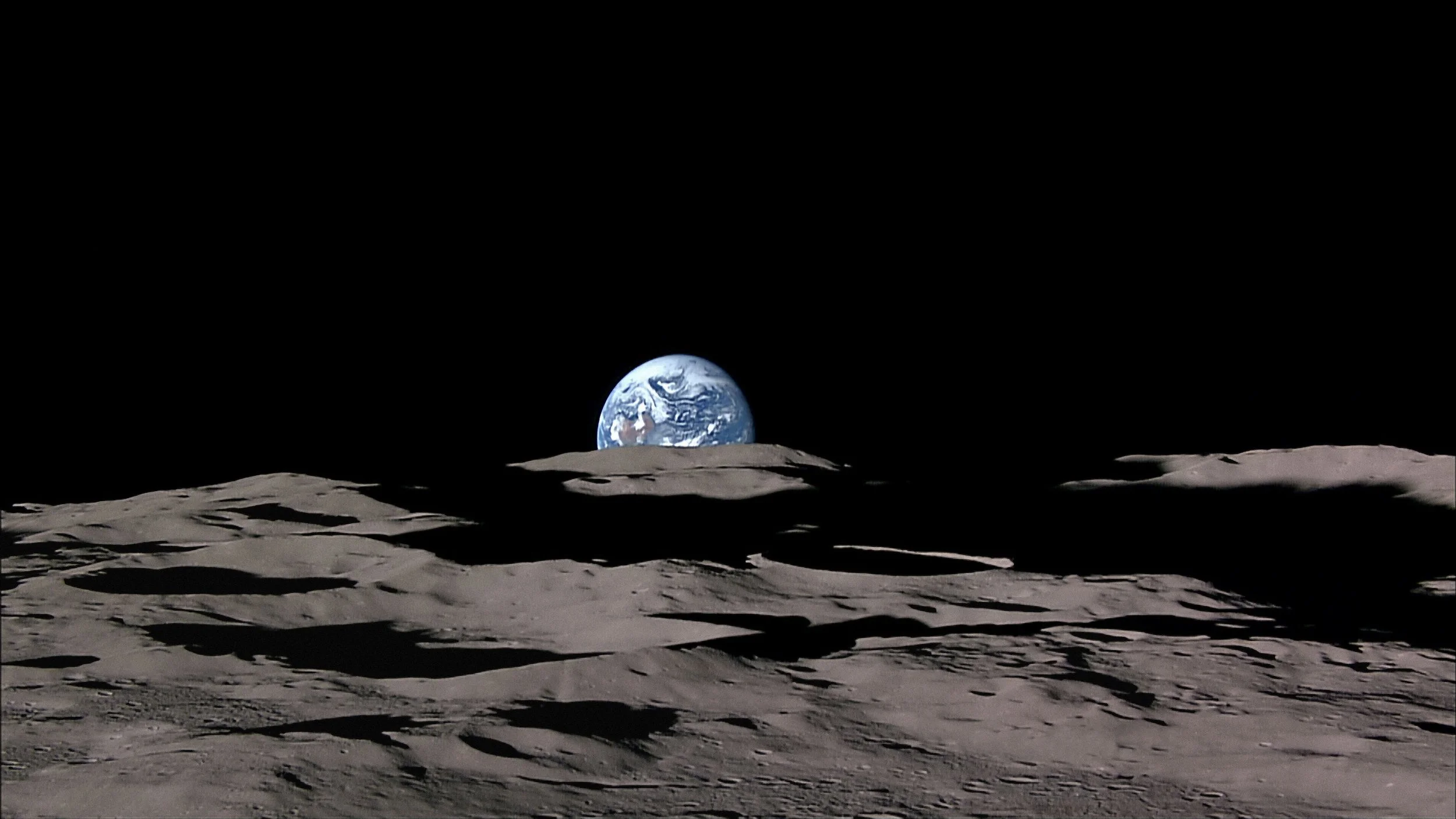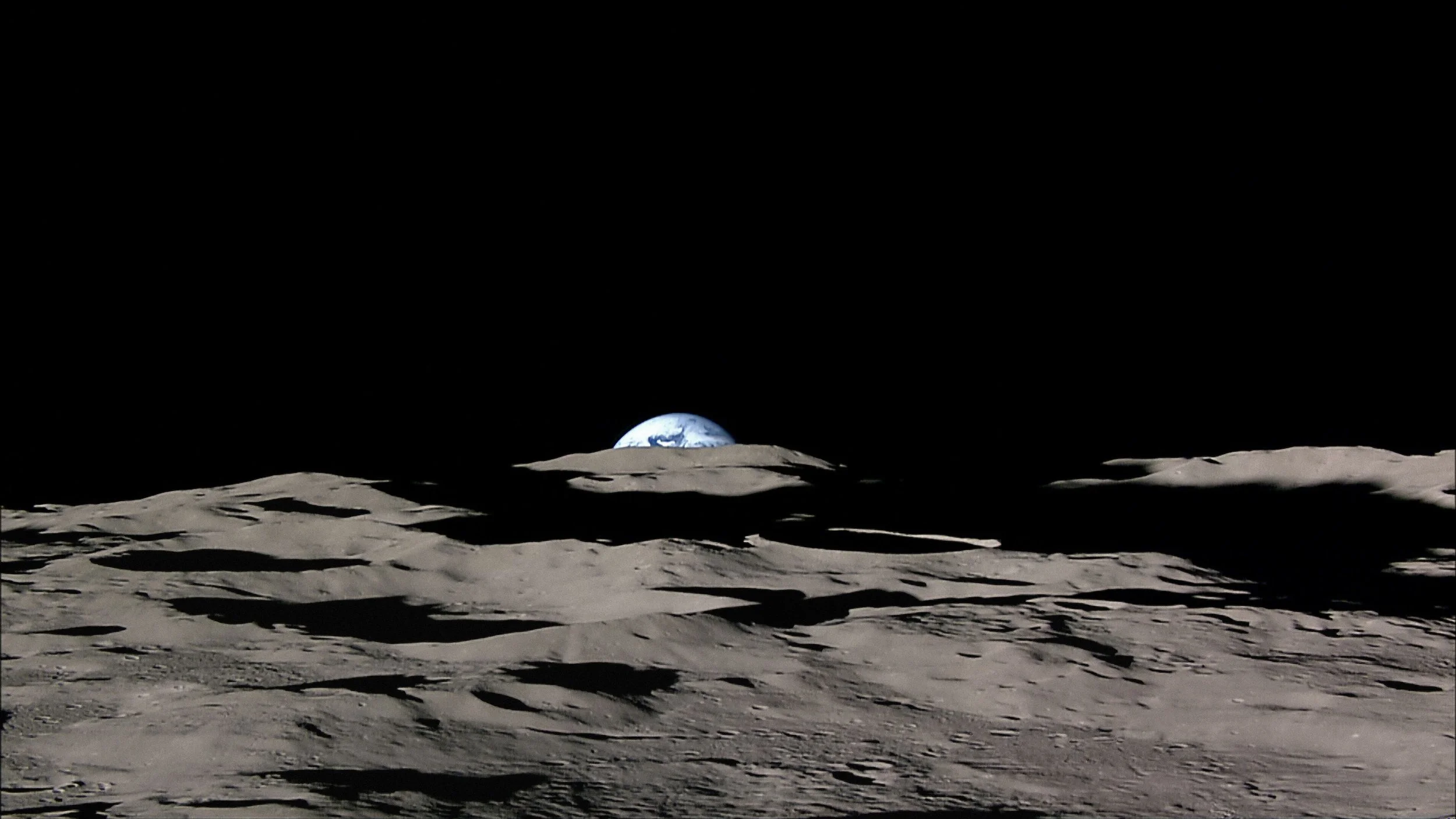The Mission
A precision lunar deployment that will preserve Islamic scientific heritage for millennia
On a lunar day sometime at the end of this decade, a precision lander will touch down on the Moon's surface carrying some of humanity’s most precious scientific manuscripts—miniaturized, preserved, and protected for geological time. This moment will mark not just the preservation of knowledge, but the arrival of humanity’s first extraterrestrial library, one intended to protect its precious cargo of knowledge from the Islamic Golden Age.
Project Timeline
1.
Archive Curation
Locate, digitize, and curate the most significant Islamic Golden Age astronomical manuscripts from libraries across the world. Where necessary, each manuscript undergoes careful authentication and high-resolution scanning.
2025 - 2026
2.
Miniaturization Technology
Using cutting-edge 300,000 DPI lithographic etching on corrosion-resistant nickel substrates, compress 2,500 manuscript pages onto each ultra-durable 28mm square weighing just 0.1 grams.
2026 - 2027
3.
Time Capsule Engineering
Design and construct a hermetically sealed time capsule capable of surviving lunar temperature extremes, radiation, and micrometeorite impacts for hundreds of thousands of years.
2027-2028
4.
Lunar Deployment
Partner with Gulf State and other stakeholders to transport and deploy
2029-2034
Lunar Touchdown: The Historic Moment
As the lunar lander's engines fire for the final time and the craft settles onto the ancient regolith, cameras will capture a moment unlike any in human history. The Qamar Codex time capsule—containing the mathematical genius of al-Tusi, the observational precision of al-Battani, and the astronomical innovations that enabled Copernicus—will have found its eternal home on the lunar surface.
Every human being on Earth will be able to look up at the crescent moon and know that Islamic civilization's greatest astronomical achievements are preserved there, waiting to inspire future generations of explorers, mathematicians, and dreamers.
Ultra-Durable Design
Hermetically sealed titanium and ceramic construction designed to withstand lunar temperature extremes from -230°C to +120°C
Nickel Substrate Archives
300,000 DPI lithographic etching on pure nickel—virtually immune to corrosion and capable of preserving data for geological timescales



